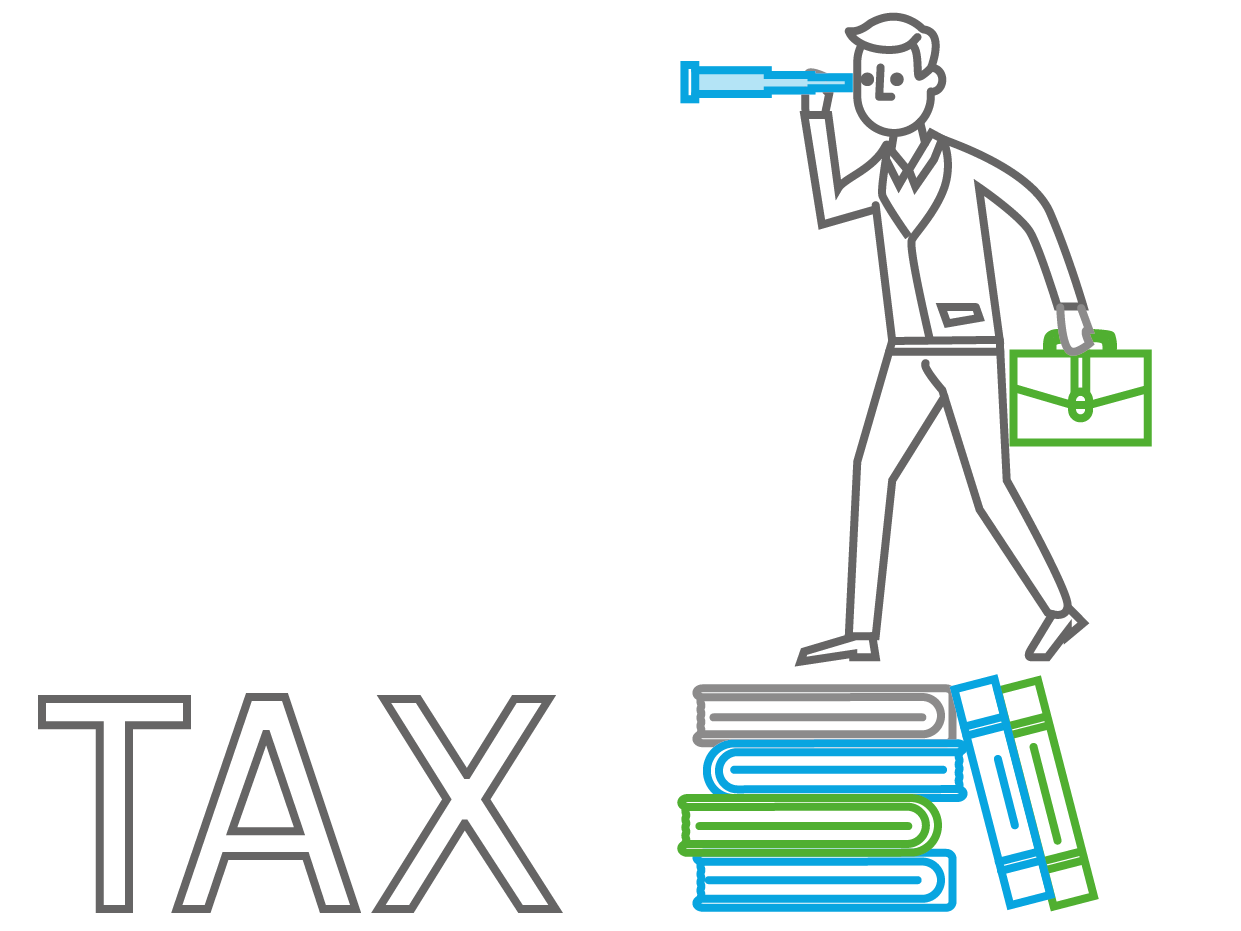As of January 2018, new rules have been in force on the so-called minimum tax on commercial real estate. The Ministry of Finance is currently working on the introduction of changes to that tax, which are the result of consultations between the Polish government and the European Commission (hereinafter: EC).
In this alert you will find out what the planned changes will be.
The European Commission has accused Poland of discriminating against certain entities in the provisions on the so-called minimum tax on commercial property, as they only include the owners of office buildings and commercial and service buildings, and, therefore, these provisions may constitute illegal state aid. As a result of consultations with the European Commission, the Ministry of Finance has prepared a self-amendment to the government's draft Act amending the Personal Income Tax Act, the Corporate Income Tax Act and the Act on Flat-Rate Income Tax on Certain Income Generated by Natural Persons (print no. 2291-A), hereinafter referred to as the “Self-amendment”.
Purpose of changes
The Ministry points out that the changes proposed in the Self-amendment are aimed at limiting aggressive tax optimisation and, at the same time, at maintaining the principles of fair competition – and in accordance with the rules for granting state aid.
Changes in what is subject to taxation
As a result of the proposed changes, the minimum income tax on commercial real estate (the Self-amendment proposes that this tax be defined as a "tax on income from buildings") will, in principle, apply to all buildings owned or co-owned by the taxpayer, located in Poland, including residential and non-residential buildings. At the same time, residential buildings constructed under government or local government social housing programmes have been exempted from the tax.
Not that much into finance and taxes but overwhelmed by documents you’re not sure how to read?
FIND OUT MORE
Additionally, the Self-amendment explicitly states that the minimum tax will be due only on buildings (or parts thereof) provided for chargeable use under leases, tenancy agreements, leasing contracts, etc.
Change in how the PLN 10 million limit is applied
The original regulations provided for the application of a PLN 10 million limit, below which the tax was not due, to each building separately. The proposed changes indicate that this limit will apply to the taxpayer, regardless of the number of buildings they own. Therefore, if the taxpayer owns several properties, and the total of their initial values exceeds PLN 10 million, they will be obliged to pay the tax, even though none of the properties individually exceeds this limit.
The self-amendment also provides for a special method of setting the limit of PLN 10 million with respect to entities affiliated by capital. According to the statement of grounds for the Self-amendment, the amount of PLN 10 million will be split into these entities in a proportion reflecting the ratio of the income from the taxpayer's building to the total income from the building of all the related entities. Accordingly, splitting the real estate into a number of related entities will not enable an escape from the tax, as the limit of PLN 10 million will apply to all the companies of the group together.
Right to a refund
The self-amendment also introduces the right to a refund of overpaid tax on income from buildings (above the amount of corporate income tax (CIT) or personal income tax (PIT)). The minimum tax will be refundable upon the taxpayer's written request, following confirmation by the tax authority of the amount of the liability for tax or a loss as calculated in accordance with the general rules in the tax return submitted, and of the tax on income from buildings (with exceptions). The current legislation does not provide for such a possibility. However, it should be noted here that the regulations do not specify whether this refund will be made in the form of an overpayment or any other. This is a major oversight of the bill and it should be expected that it will be corrected at the stage of parliamentary work.
Specific anti-avoidance rule
In order to prevent tax optimisations, the Self-amendment also proposes the introduction of a specific anti-avoidance rule concerning the tax on income from buildings. The clause would apply to transfers made for no legitimate economic reason solely to avoid the minimum tax. The Ministry explains that such transfers would not be recognised by the tax authorities for the purposes of taxation on income from buildings.
The proposed amendments are to come into force 14 days after their publication, which means that they will apply from the new tax year starting after 31 December 2018. However, in view of the favourable nature of the provisions concerning:
- tax refund – in this respect, they may also apply to the minimum tax paid before 1 January 2019;
- determination of the tax base – in this respect, taxpayers will be able to apply the solution of taxing only that part of the building which is leased in the tax year starting after 31 December 2017;
- determination of the tax base – in this respect, taxpayers will be able to also exclude commercial and service buildings from taxation if they are used exclusively or mainly for the taxpayer's own purposes (so far, only office buildings have been covered by such a solution).
The Self-amendment has been subject to a simplified legislative process. It is currently after the first reading in the Sejm and has been sent to the Public Finance Committee. The Commission's report is scheduled to be presented and discussed on 8 May 2018 and, until such date, it is impossible to tell whether all the above assumptions will be included in the finally adopted legislation. We will keep you informed on the progress of this work.
Subscribe to RSM Poland Newsletter to stay up-to-date on all legal, financial and tax matters. Benefit from the expertise of our professionals.
Subscribe
If you have any questions or need to discuss the topic, you are strongly encouraged to contact our expert, Piotr LISS:
e-mail: ekspert@rsmpoland.pl
tel. +48 61 8515 766
fax +48 61 8515 786


